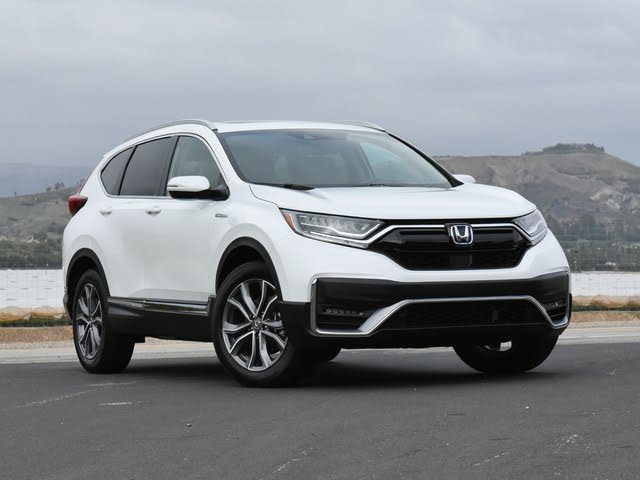When shopping for a used car, you may come across attractively priced vehicles that appear to be in excellent condition, but have a salvage title (also referred to as a branded title or rebuilt title). In some cases, these cars and trucks represent good value. In other cases, a salvage car could lead to a string of ownership headaches. Regardless, all salvage cars should be viewed with a heavy dose of caution. Let’s look at how you can determine if a salvage car or truck is worth the risk.
What Is a Salvage Title?

When a vehicle gets damaged, an insurance company will estimate how much it would cost to repair it; if that cost exceeds a certain percentage of the car’s value, it is deemed a total loss. This “totaled” vehicle then receives a salvage title and will typically be resold by the insurance company at a car auction. Some salvage cars are bought at auction, repaired to varying degrees, and resold. Others head to the junkyard, where they’ll be scrapped or picked clean of any reusable parts. Before returning to the road, typically the car must pass a state inspection to verify that it has been properly repaired and is safe to operate.
In terms of appearance, salvage titles for totaled cars can look much like a regular “clean” title for a non-salvage vehicle. In some cases (and depending on the issuing state), the paper they’re printed on is a different color or they’re marked “salvage” or “rebuilt.” Spend a little time researching salvage titles for the state in which the car resides, and back that up by purchasing a vehicle history report.
Know the Short-Term Risks

Vehicles can be totaled for a variety of reasons. It could be something seemingly small, like minor flood damage that barely reached the vehicle’s interior or a slow-impact collision that resulted in lots of cosmetic damage. Or it could be more dramatic, like a vehicle fire that left little more than a molten mass melted into the pavement. Therefore, the list of potential safety issues a buyer can face is long and includes not-so-fun terms like frame damage, electrical gremlins, mold infestation, and rust.
If the car in question sounds iffy to you, chances are insurance companies will view it the same way. Finding coverage for salvaged cars can be a challenge, and the rates are likely to be higher than for a non-salvage car. The same applies to financing, as most lenders steer clear of offering any type of loan for a rebuilt vehicle.
And finally, it likely comes as little surprise that these previously wrecked rides don’t come with anything even close to Hyundai’s 10-year/100,000-mile warranty. In fact, they are sold as-is without any type of warranty; any original manufacturer’s warranty that may have existed gets voided when the vehicle is labeled a total loss. Buyer beware.
Know the Long-Term Risks

For those who do purchase a salvage car, they’ll likely find it very difficult to sell when it’s time to upgrade or move on to a new vehicle. Because of the car’s rebuilt status, selling it privately will be challenging. Potential buyers will run into those familiar finance and insurance issues, while dealerships will want to avoid taking in salvage cars because they are difficult to move for a reasonable profit.
Know When Salvage Titles Make Sense

There are a few instances when purchasing a salvage-titled car can make sense. At the top of that list is using the totaled car as a source of parts for another vehicle you’re working to keep roadworthy. Depending on its damage, a salvage car can provide relatively cheap access to engine parts, powertrain components, body panels, and interior bits.
Next would be longevity. As discussed, reselling a salvage car can be a daunting task, so buyers with the “drive it into the ground” mentality may be best served by these vehicles. After all, the subsequent and final owner may very well be a junkyard, which couldn’t care less about the type of title.
Price is another big consideration when it comes to salvage cars. Often offered for substantially less than their non-salvage counterparts, these damaged or rebuilt vehicles can be an appealing solution to shoppers for whom financing isn’t an option and who are on a tight budget. However, costly repairs down the road could offset any initial savings.
The Bottom Line
Is it smart to buy a salvage car? The answer is almost always no. But some buyers may decide that a damaged or rebuilt vehicle suits their needs, and the cost savings may outweigh any potential short- or long-terms risks. That said, when purchasing any vehicle—salvage or not—invest in a vehicle history report and have the vehicle inspected by a trusted mechanic so you'll be as fully informed as possible.


